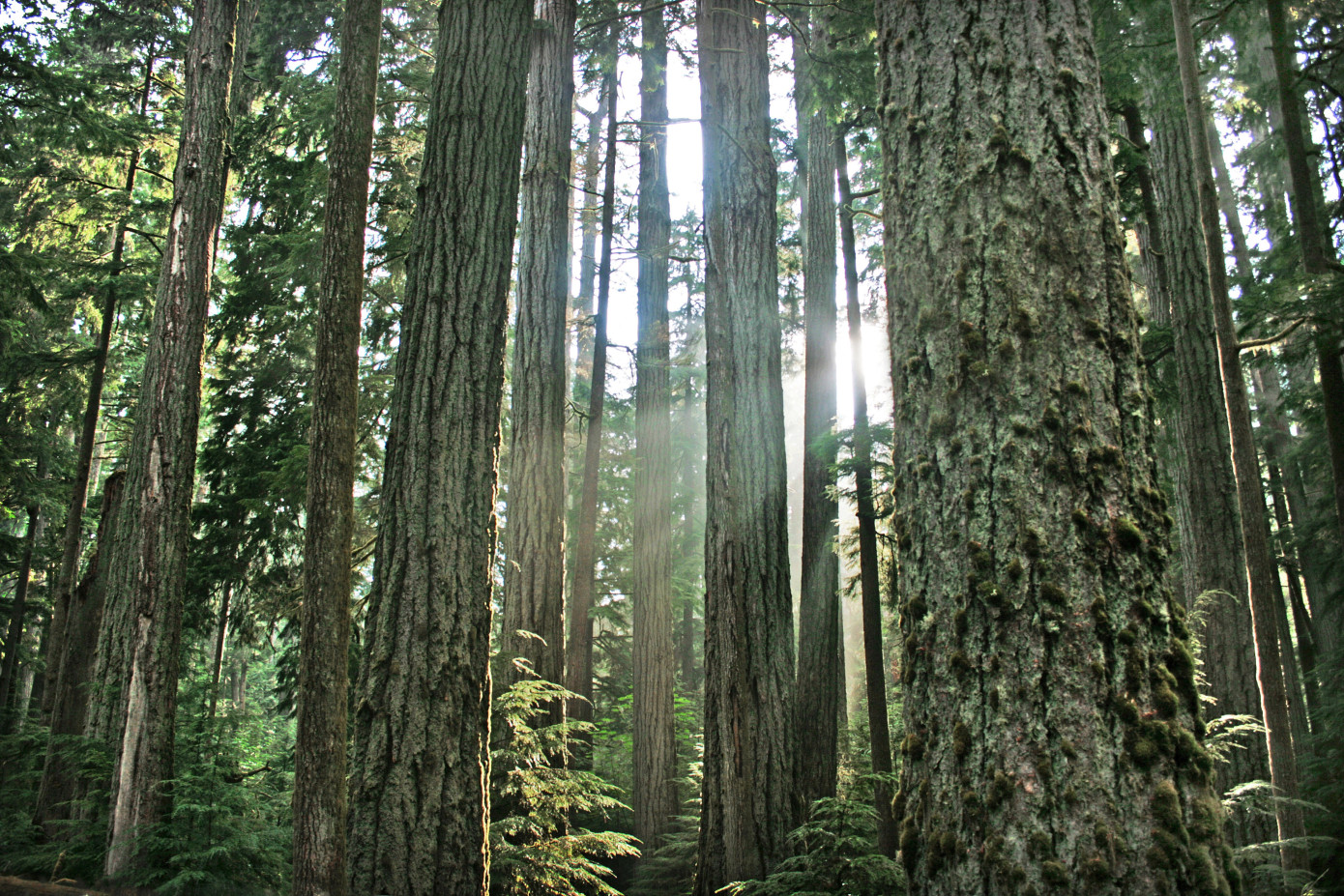Since late 2022, Segezha Group, a subsidiary of Russian AFK Sistema, has engaged in large-scale logging operations near Lake Maksimyärvi in Karelia, an area proposed for reserve status. Over one year, the company has cleared 1,700 hectares of old-growth forests with trees ranging from 150 to over 300 years old. These forests are home to 72 species listed in the Red Data Books of Russia and Karelia, including rare plants, fungi, and animals. Logging activities have destroyed six critical wildlife habitats and 73 documented sites of rare flora and fauna, as reported by Kedr.Media, which has been labeled a foreign agent by Russian authorities.
Until the fall of 2022, these forests were protected under a moratorium agreed upon by Segezha Group and FSC. However, FSC's withdrawal from Russia and the loss of European markets led Segezha to abandon its commitments. Between June and November 2022, the company removed 1.5 million hectares of old-growth forests in Karelia from protection. These areas include sites intended for reserves such as Kuzharvi, Lakes Nyuk, Vygozersky-2, and Zaonezhsky.
Scientific research emphasizes the critical role of old-growth forests in carbon storage and climate regulation. A study titled "Large Trees Dominate Carbon Storage in Forests East of the Cascade Crest in the United States Pacific Northwest" revealed that large trees, constituting just 3% of total forest stems, account for up to 42% of stored carbon. Logging such trees not only releases significant CO2 but also undermines ecosystem resilience.
In Karelia, old-growth forests represent only 12% of the total forest cover, equivalent to 10% of the republic’s land area. These ecosystems are vital for biodiversity and support rare species, such as the northern reindeer. The Maksimyärvi area, with an average tree age exceeding 150 years, is considered a unique natural asset.
Delays in formalizing protections for these areas exacerbate the problem. While documentation to designate Maksimyärvi as a reserve was submitted in 2023, legal protection has yet to be implemented. Environmentalists appealed to the Russian Prosecutor General’s Office in April 2023 to halt logging, citing Ministry of Natural Resources Order No. 264, which mandates the preservation of habitats for species listed in the Red Data Books. Despite this, logging continues.
Nikolay Shmatkov, director of the Lesnoy Etalon certification system created by former FSC staff after its exit from Russia, confirmed to Lesprom Network that Segezha Group is logging in proposed reserves, including Maksimyärvi. “This is not an isolated incident, other reserves face similar threats,” Shmatkov stated. “The law requires forest users to identify and protect habitats of rare and endangered species, such as the northern reindeer in Maksimyärvi, yet these obligations are not being met.”
